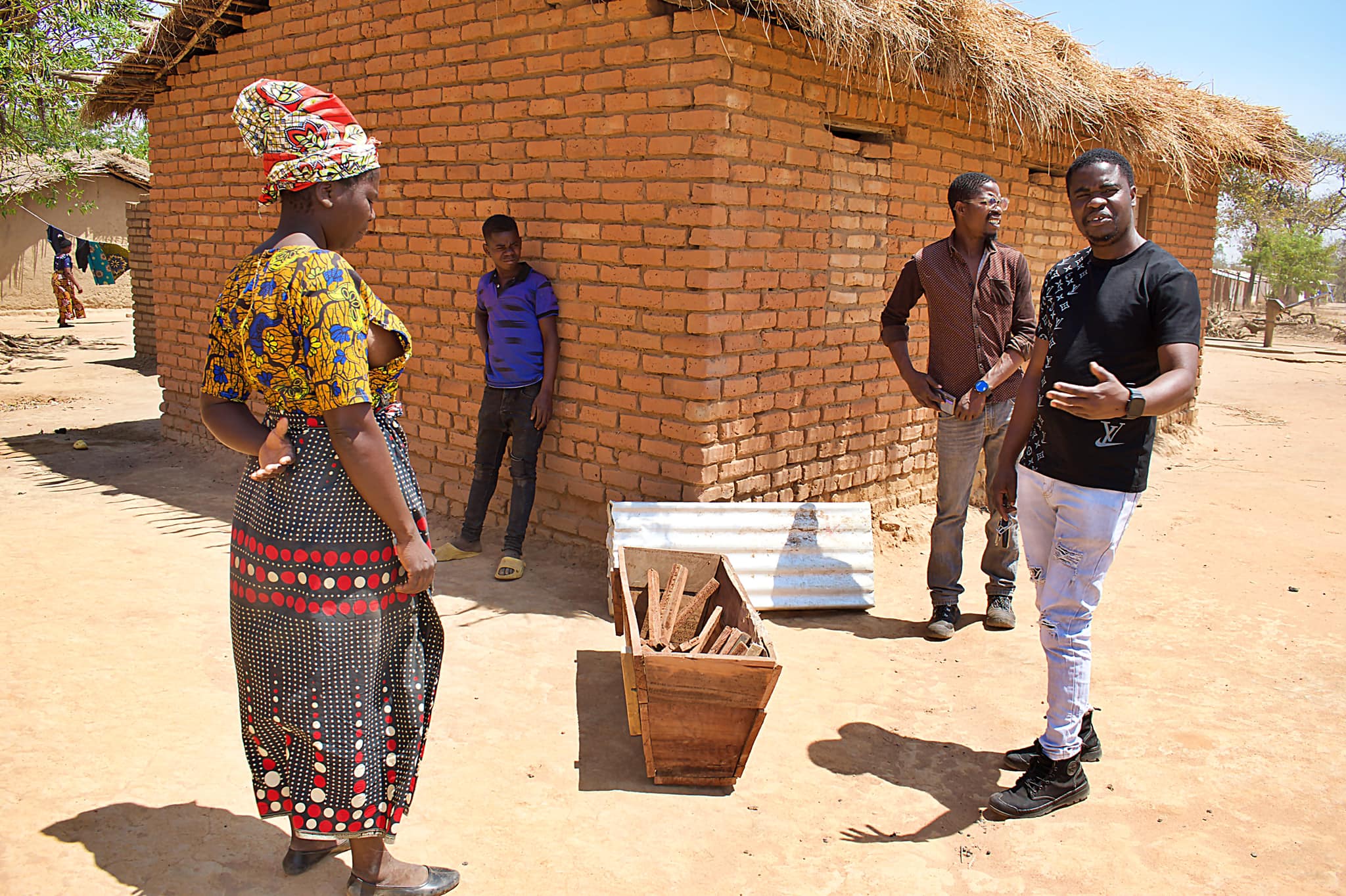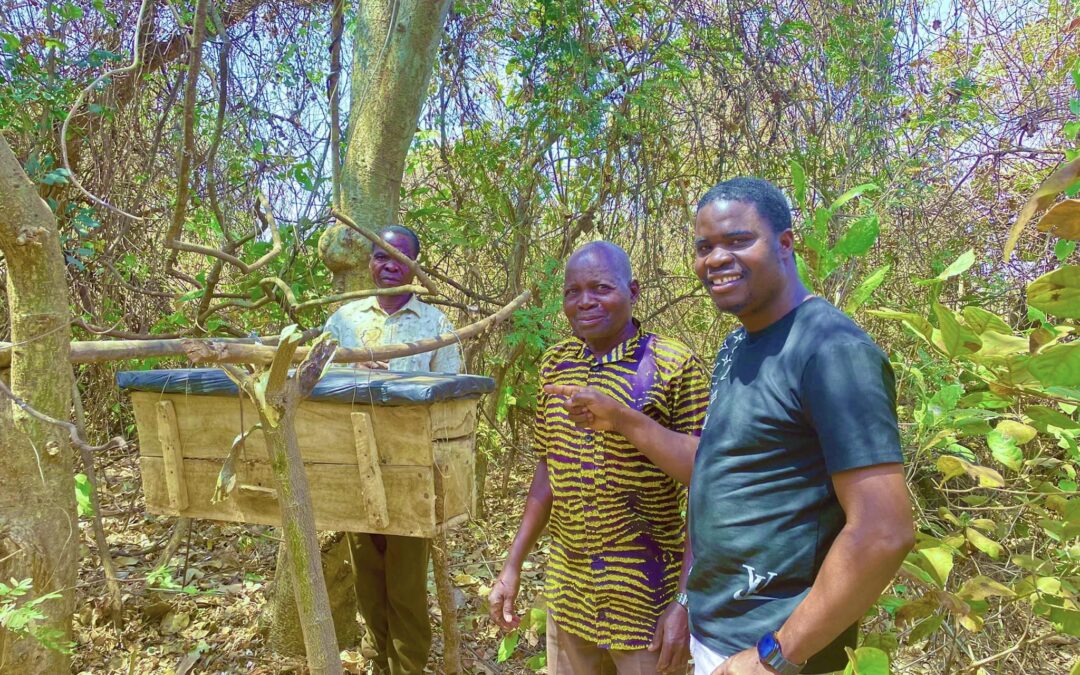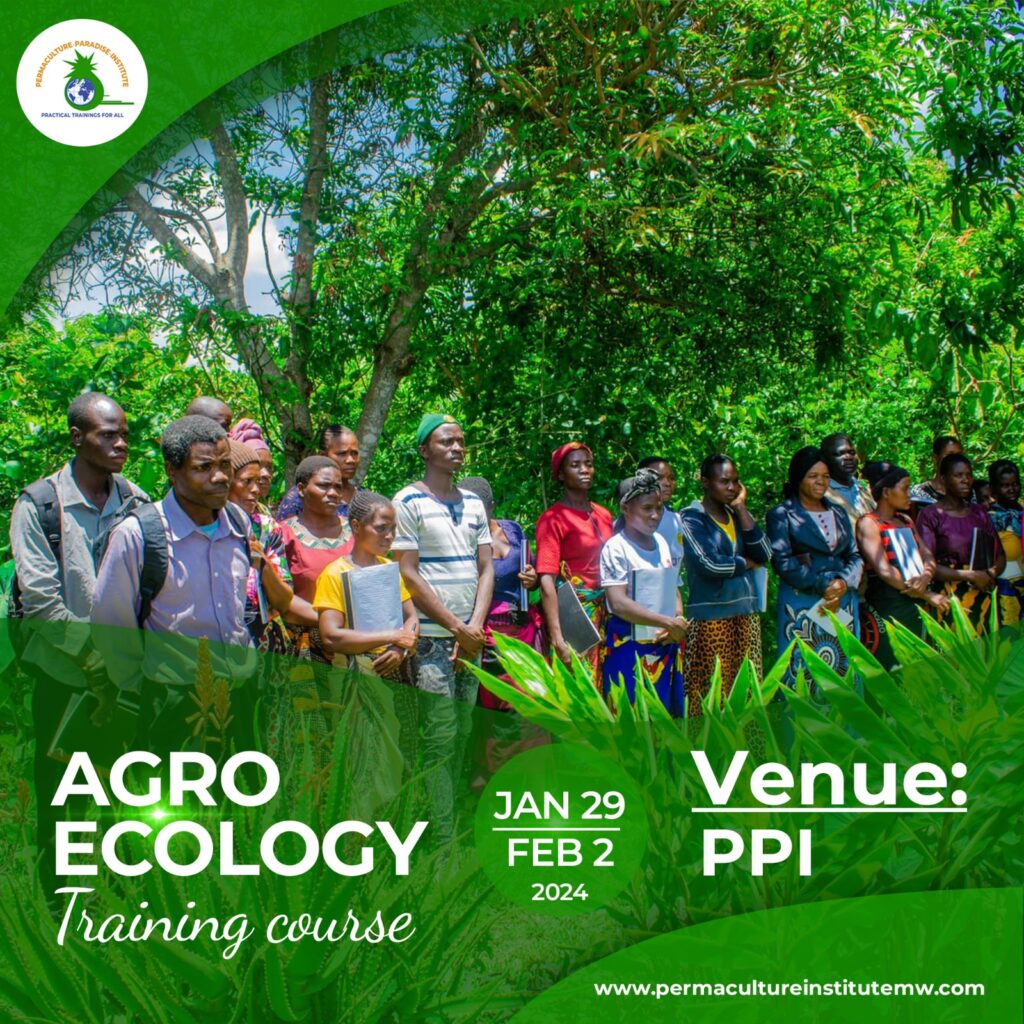Today marked a significant milestone in the journey toward sustainable agriculture as dedicated trainers visited the vibrant farmers of Dowa Madisi, a community now buzzing with the excitement of beekeeping. After completing their rigorous training, these enthusiastic farmers are taking the next step by creating their own beehives, a practice that promises not only to amplify their agricultural output but also to contribute to the well-being of the environment.
The visit aimed to provide hands-on supervision and technical support as the farmers embarked on the practical task of hive construction and placement. The atmosphere was electric with anticipation, as the farmers eagerly shared their experiences and newfound knowledge from the beekeeping training program. Laughter and camaraderie filled the air, showcasing a community united by a common goal: the sustainable production of honey and other bee-related products.
The local farmers demonstrated their skills in hive construction, showing enthusiasm and confidence as they crafted their new homes for the bees. Under the guidance of experienced trainers, they learned about the importance of proper hive design, the ideal materials to use, and the strategic placement of hives for optimal productivity. Each bee-friendly hive represented not just a future source of honey, but a step toward greater agricultural diversity and resilience.
The trainers provided invaluable insights into the best practices for beekeeping, emphasizing sustainability and the health of the bee population. They discussed the critical role bees play in pollination, which ultimately leads to improved crop yields and biodiversity. The farmers listened intently, recognizing that their new venture into beekeeping would not only bolster their income but also support the entire ecosystem surrounding their farms.

In an exciting development for the community, next week, the initiative will further empower these farmers through donations of essential materials. Soft wire, wax, and lubricants—key components for setting up successful apiaries—will be provided, ensuring that the farmers have everything they need to launch their beekeeping endeavors successfully. This provision reflects a commitment to ongoing support and the belief that teamwork fosters greater success.

As the sun began to set over the fields of Dowa Madisi, the spirit of innovation and hope was palpable. The farmers concluded their day with a renewed sense of purpose, excited about the potential that beekeeping holds for their livelihoods. They are not just creating hives; they are building a sustainable future for themselves and their community.
This initiative stands as a testament to the power of education and community engagement.
Through training and ongoing support, farmers are not only learning new skills but also transforming their agricultural practices.
The impact of this beekeeping program extends far beyond honey production—it is about fostering a culture of sustainability, encouraging biodiversity, and building resilient farming practices that will benefit generations to come.
With their bumblebees and floral fields ahead, the farmers of Dowa Madisi are set to transform their lives and landscape, one hive at a time. The buzz of excitement in the air is not just about bees; it’s about the promise of a brighter, sustainable agricultural future. And as they embark on this journey, their commitment to innovation and environmental stewardship will surely inspire initiatives in surrounding communities, spreading the sweet benefits of beekeeping far and wide.



